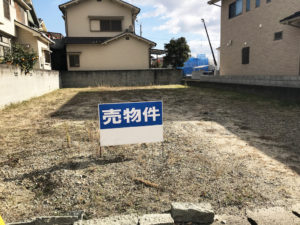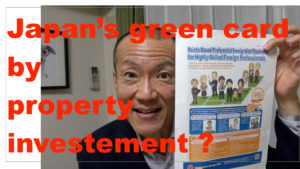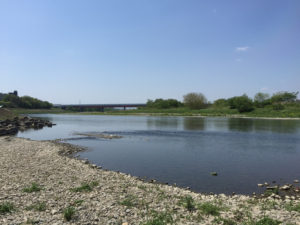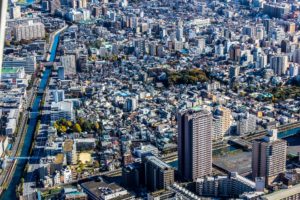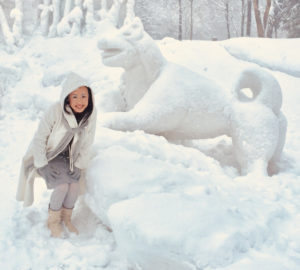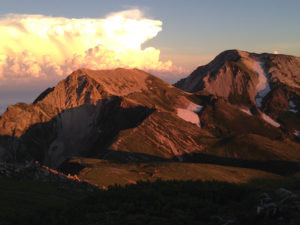Fine-looking market?
TOKYO KANTEI Monthly report June 2019
Remarks:
Source: Tokyo Kantei (June 2019) The market in central districts in Tokyo is starting to show the downtrend.
Red : Market movement (sellers listing price)
Tokyo Kantei (real estate think tank) just announced the latest report on the price movement of the second-hand condominium market.
The price of second-hand apartment buildings in major metropolitan areas continued to fall at ¥ 45.59 million in the 23 wards of Tokyo, down 1.5% from the previous month.
It is thought that this is due to the case share reduction in the central Tokyo area and weakness in the surrounding area.
In addition, Saitama City (-1.7%, 27.74 million yen) and Chiba City (-2.8%, 18.32 million yen) are also negative, and the rate of decline in Chiba City, where the number of cases from old buildings increased, was compared It became huge.
On the other hand, Yokohama City has maintained its upward trend, with + 0.9% at 31.12 million yen.
The average prices of major cities in the Kinki region (Osaka area) rose for three months in a row to 32.84 million yen, which is + 1.1% from
the previous month.

